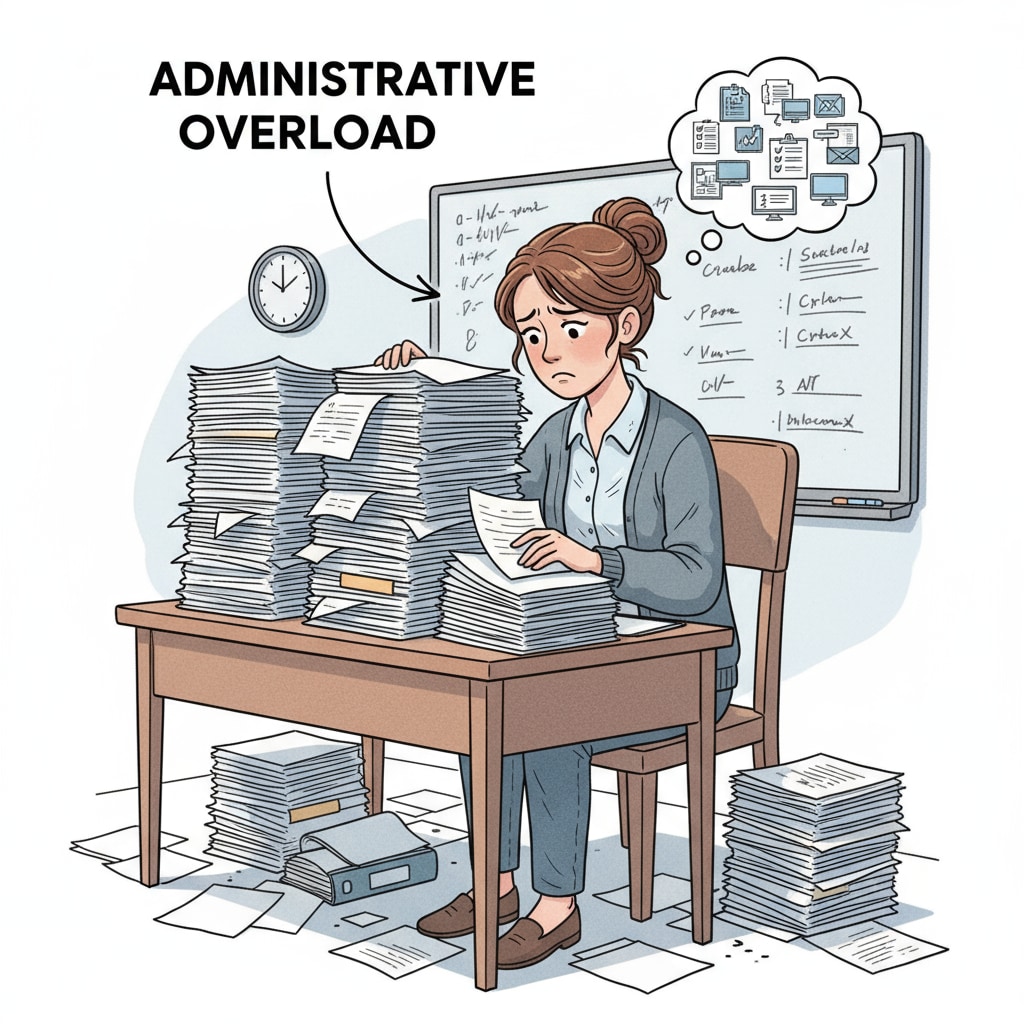In the contemporary K12 education system, micro – management, teaching autonomy, and workload are intertwined issues that significantly impact educators. Teachers are often caught in the crossfire of excessive administrative control, which not only limits their teaching autonomy but also burdens them with a heavy workload.
The Yoke of Micro – management
Micro – management in education refers to the excessive and detailed control exerted over teachers’ instructional practices. School administrators may dictate minute details of lesson plans, such as the exact teaching methods to use, the sequence of topics, and even the time allocated for each activity. This level of control leaves teachers with little room for creativity. For example, a teacher might have a great idea to use a hands – on project to teach a complex concept, but due to strict administrative guidelines, they are forced to follow a more traditional lecture – based approach. According to the National Education Association, many teachers feel that this over – regulation stifles their passion for teaching.

Eroding Teaching Autonomy
Teaching autonomy is the freedom teachers have to make professional decisions regarding their teaching. It includes choosing teaching materials, designing assessment methods, and tailoring instruction to meet the needs of their students. However, micro – management is chipping away at this autonomy. Standardized testing requirements and curriculum mandates often leave teachers with no choice but to teach to the test. As a result, they are unable to fully explore students’ interests and talents. A study by ASCD found that when teachers have more autonomy, students tend to perform better, highlighting the importance of this aspect in education.

The heavy workload that comes with micro – management is another significant problem. Teachers are not only responsible for teaching but also for a plethora of administrative tasks. These tasks include filling out detailed reports, attending numerous meetings, and implementing complex administrative procedures. All these additional duties take time away from lesson planning and interacting with students. Therefore, educators are often left feeling exhausted and overwhelmed.
In conclusion, it is high time to address the issues of micro – management, teaching autonomy, and workload in the K12 education system. By rebuilding trust and respect for educators’ professionalism, we can create an educational environment that fosters innovation and better student outcomes.
Readability guidance: The article uses short paragraphs to make the content more digestible. Each H2 section presents key points. Passive语态 is minimized, and transition words like ‘for example’, ‘however’, and ‘therefore’ are used to enhance the flow.


